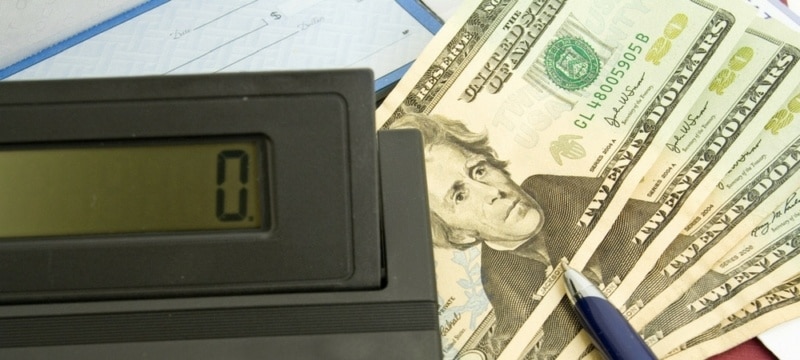The first year-end bonus I ever got was a $25 gift certificate to the local supermarket. The best bonus I ever got was a car, $100 cash, and a box of chocolates.
Alas, the 260Z was made by Tonka. But that C-note was one whole week’s wages—after only a month on the job! What a wonderful boss.
Don’t you love getting bonuses? Bosses love to give them, too. Unfortunately, from the bookkeeping I’ve seen, bosses don’t know how to report the bonuses on their books.
Bonuses Are Payroll
Large corporations with hundreds or thousands of employees have entire payroll departments that keep up with the laws. They get it right.
It’s the small employers who tend to write separate bonus checks without including them in the payroll system. Naturally, when tax time arrives, their tax professionals go ballistic.
The Internal Revenue Code Section 3402 holds employers responsible for all the taxes that should have been on that check. Beware—if the IRS or the state payroll department audits the company, it will assess taxes on all those bonuses.
Employees who receive bonuses that are not included in payroll must report the bonus as income. They must pay self-employment taxes. Using Form 8919 will exempt the employee from having to pay the employer’s share of the Social Security and Medicare taxes. However, this turns the employer in to the IRS. Most employees won’t do this, since they want to keep their jobs and continue to get bonus checks.
Which Bonuses Are Not Taxable?
If you’re an employer, there are ways to show your employees you value their work without forcing them to pay taxes on a bonus.
Thirty-plus years since my first bonus, deductible gifts are still limited to $25. Gift cards are still tax-free, as are gift baskets and such.
Certain employee awards are not taxable to the employees—but are fully deductible to the employer. The award is limited to $400 per employee, and $1,600 total per employer. Employees may receive such an award for safety achievement or length of service once every five years.
Plaques and framed certificates are comparatively cheap but speak volumes. Employees can display them at home or work—and include the awards in their résumés.
Another way to recognize special employees is to feature them in the company newsletter. It can be a huge ego boost. If your company doesn’t have a newsletter, the holidays are a good time to publish one. Highlight employees instrumental to the company’s success. Seek out and celebrate the unsung hero who quietly and consistently gets work done, without complaint, making everyone else look good.
For all your employees, throw a party someplace terrific, where they could not normally afford to go. Encourage staff to bring a companion. Or make the annual party an evening at an amusement park or a major tourist attraction. In Southern California, I’ve enjoyed year-end parties at Disneyland, the Queen Mary, and Knott’s Berry Farm.
In Good Times…and Bad
When times are bad and company coffers are low, it is, counter intuitively, the best time to provide bonuses. The staff has probably worked extra hard during the past year to keep the company afloat. Find a way to express your gratitude—whether through financial rewards or plaques or framed certificates.
Just because the year-end bonus is taxable is no reason not to make it as large and generous as possible. The larger the check, the more money is left over after taxes. When an employee has done a great job, make him or her feel appreciated. Money says it best.
Eva Rosenberg, EA, is the publisher of TaxMama.com®, where your tax questions are answered. She teaches tax professionals how to represent you when you have tax problems. She is the author of several books and e-books, including Small Business Taxes Made Easy. Follow her on Twitter: @TaxMama






